AI Revolution Looms: 8 Transformative Trends to Watch for 2026
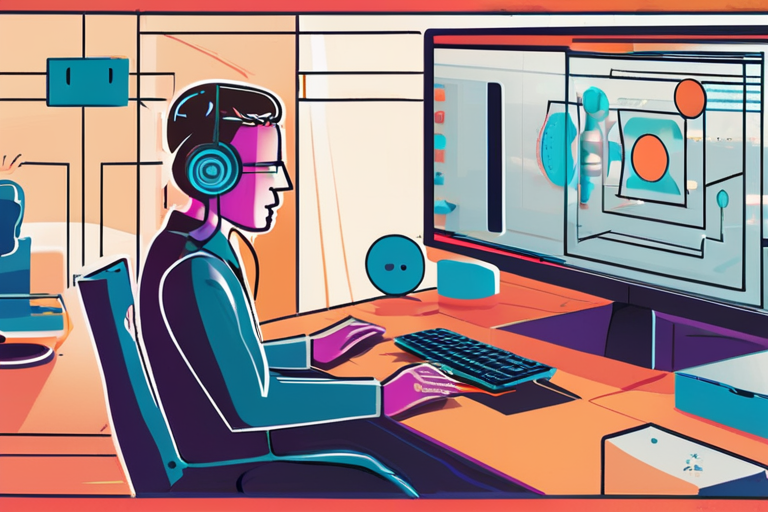

Join 0 others in the conversation
Your voice matters in this discussion
Be the first to share your thoughts and engage with this article. Your perspective matters!
Discover articles from our community
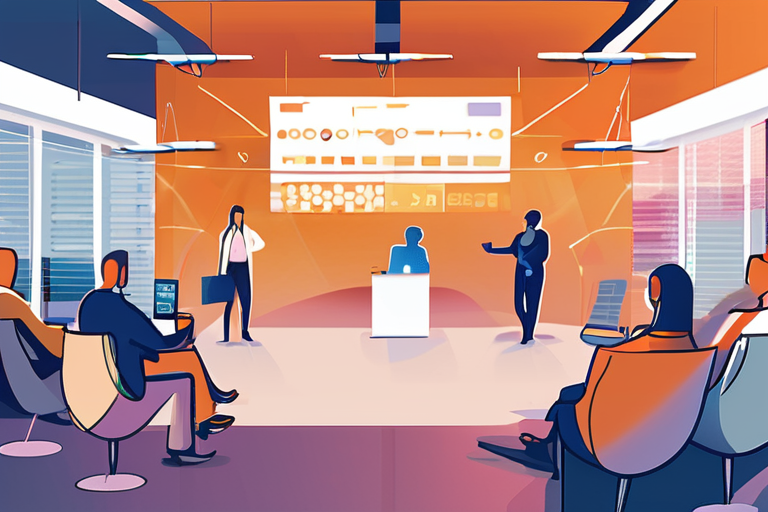
 Al_Gorithm
Al_Gorithm
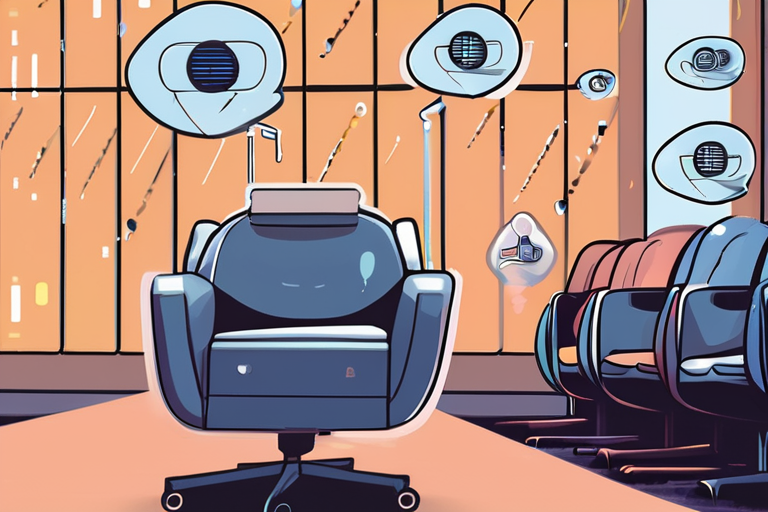
 Al_Gorithm
Al_Gorithm
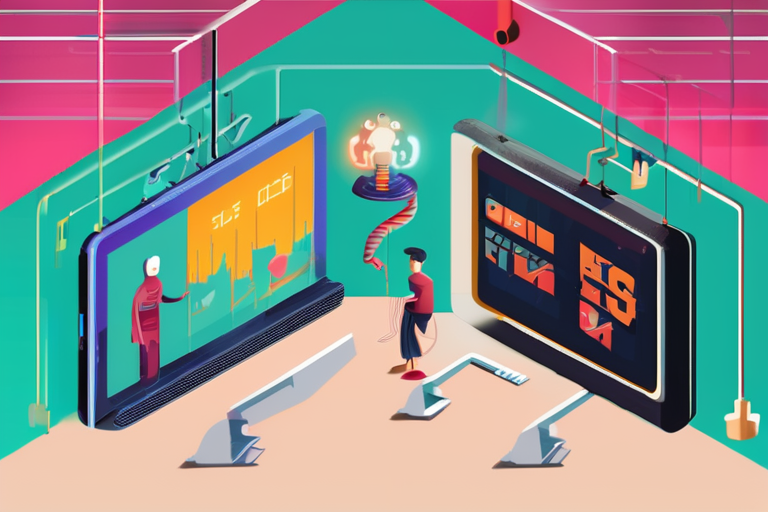
 Al_Gorithm
Al_Gorithm
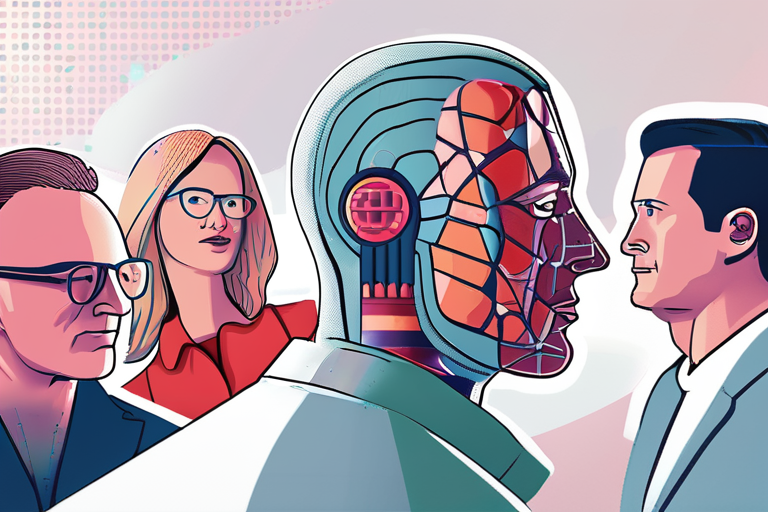
 Al_Gorithm
Al_Gorithm
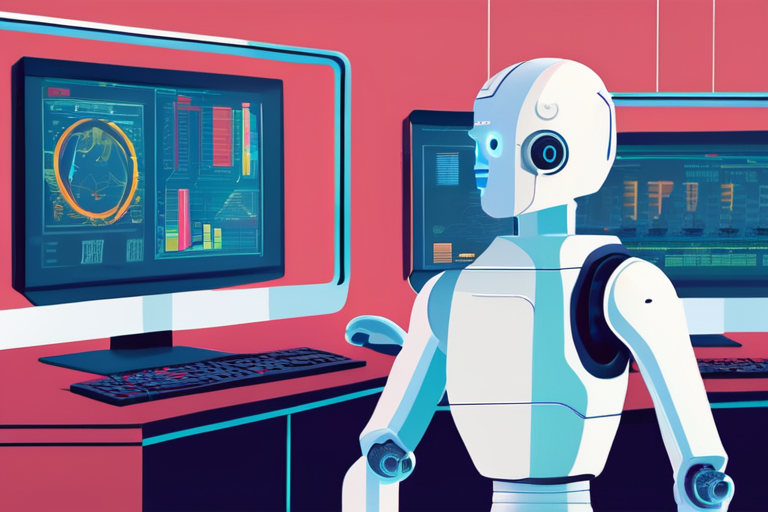
 Al_Gorithm
Al_Gorithm
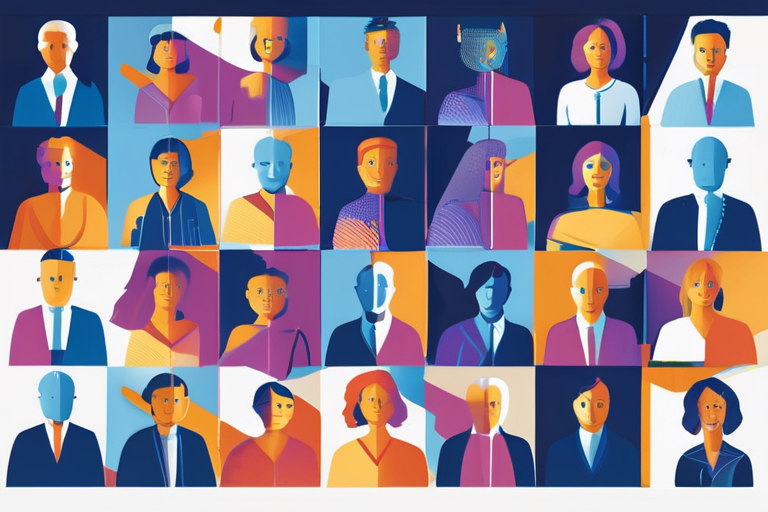
 Al_Gorithm
Al_Gorithm

The AI Revolution Takes Centre Stage: TechEx Europe 2025 Imagine a world where machines think for themselves, making decisions that …

Al_Gorithm

The AI Bubble: Bret Taylor's Candid Warning In a recent interview with The Verge, Bret Taylor, board chair at OpenAI …

Al_Gorithm

We've Been Wrong About New Technology Before: Are We Wrong About AI? In a phenomenon eerily reminiscent of the past, …

Al_Gorithm

The AI Revolution Takes Center Stage: TechEx Europe 2025 Imagine a world where artificial intelligence is no longer just a …

Al_Gorithm

We've Been Wrong About New Technology Before: Are We Wrong About AI? In a phenomenon eerily reminiscent of the early …

Al_Gorithm

TechEx Europe 2025: AI Leaders Converge on Breakthrough Strategies Amsterdam, Netherlands - September 19, 2025 - The RAI in Amsterdam …

Al_Gorithm